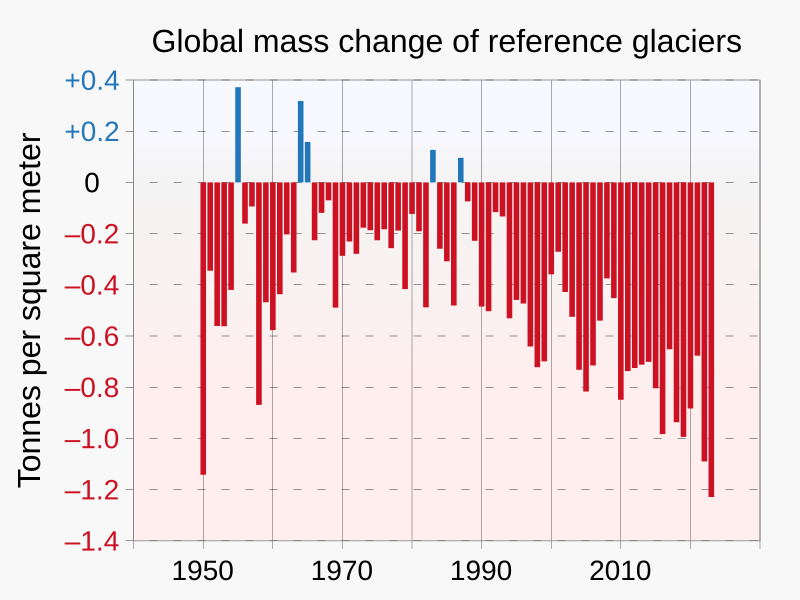
Michael Zemp
Michael Zemp is a renowned climate and environment researcher, best known for his work as the director of the World Glacier Monitoring Service. He has led significant studies assessing the rapid melting of glaciers worldwide, using comprehensive data from various research teams to enhance understanding of the impacts of climate change on glacier dynamics. His recent work emphasizes the urgency of addressing global warming, highlighting the critical role glaciers play in freshwater resources and sea-level rise.
Global Media Ratings
Countries Mentioned
No country-level mention data available.
Interactive World Map
Each country's color is based on "Mentions" from the table above.
Recent Mentions
 Portugal:
Michael Zemp is the director of the World Glacier Monitoring Service and presented a report on glacier mass loss.
7
Portugal:
Michael Zemp is the director of the World Glacier Monitoring Service and presented a report on glacier mass loss.
7
 Liechtenstein:
Michael Zemp is the director of WGMS and explains the significant loss of glaciers in recent years.
6
Liechtenstein:
Michael Zemp is the director of WGMS and explains the significant loss of glaciers in recent years.
6
 Turkey:
Professor Michael Zemp stated that every millimeter of sea level rise puts more people at risk of flooding.
8
Turkey:
Professor Michael Zemp stated that every millimeter of sea level rise puts more people at risk of flooding.
8
 Colombia:
Michael Zemp explained the significant loss of glacier mass since records began in 1975.
5
Colombia:
Michael Zemp explained the significant loss of glacier mass since records began in 1975.
5
 Greece:
Michael Zemp explained the significant ice loss from glaciers since 1975 during a press conference.
7
Greece:
Michael Zemp explained the significant ice loss from glaciers since 1975 during a press conference.
7
 Monaco:
Michael Zemp is the director of the WGMS who explained the significant loss of glaciers in a press conference.
7
Monaco:
Michael Zemp is the director of the WGMS who explained the significant loss of glaciers in a press conference.
7
 Lithuania:
Michael Zemp mentioned that more than 9 trillion tons of glaciers have melted since 1975.
7
Lithuania:
Michael Zemp mentioned that more than 9 trillion tons of glaciers have melted since 1975.
7
 San Marino:
Michael Zemp is the Director of the World Glacier Monitoring Service highlighting the significant annual loss of ice since 2000.
7
San Marino:
Michael Zemp is the Director of the World Glacier Monitoring Service highlighting the significant annual loss of ice since 2000.
7
 Panama:
Michael Zemp is the director of the WGMS and explains the significant loss of glaciers since records began in 1975.
6
Panama:
Michael Zemp is the director of the WGMS and explains the significant loss of glaciers since records began in 1975.
6
 Portugal:
Michael Zemp is the director of the World Glacier Monitoring Service and discussed the rapid loss of glacier mass.
7
Portugal:
Michael Zemp is the director of the World Glacier Monitoring Service and discussed the rapid loss of glacier mass.
7
